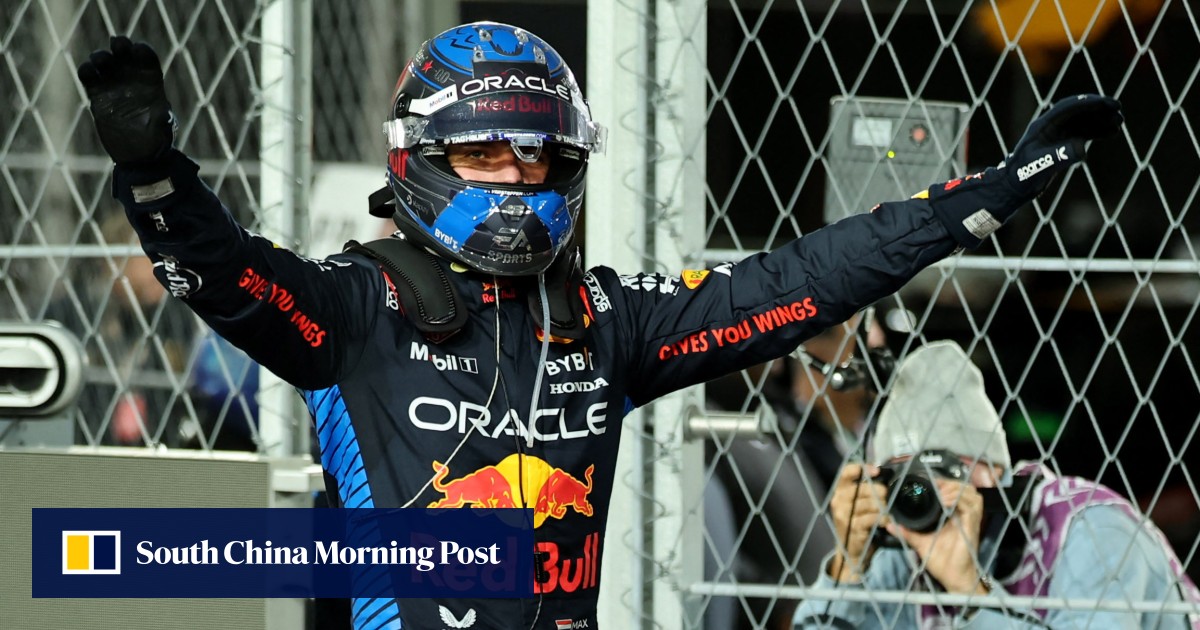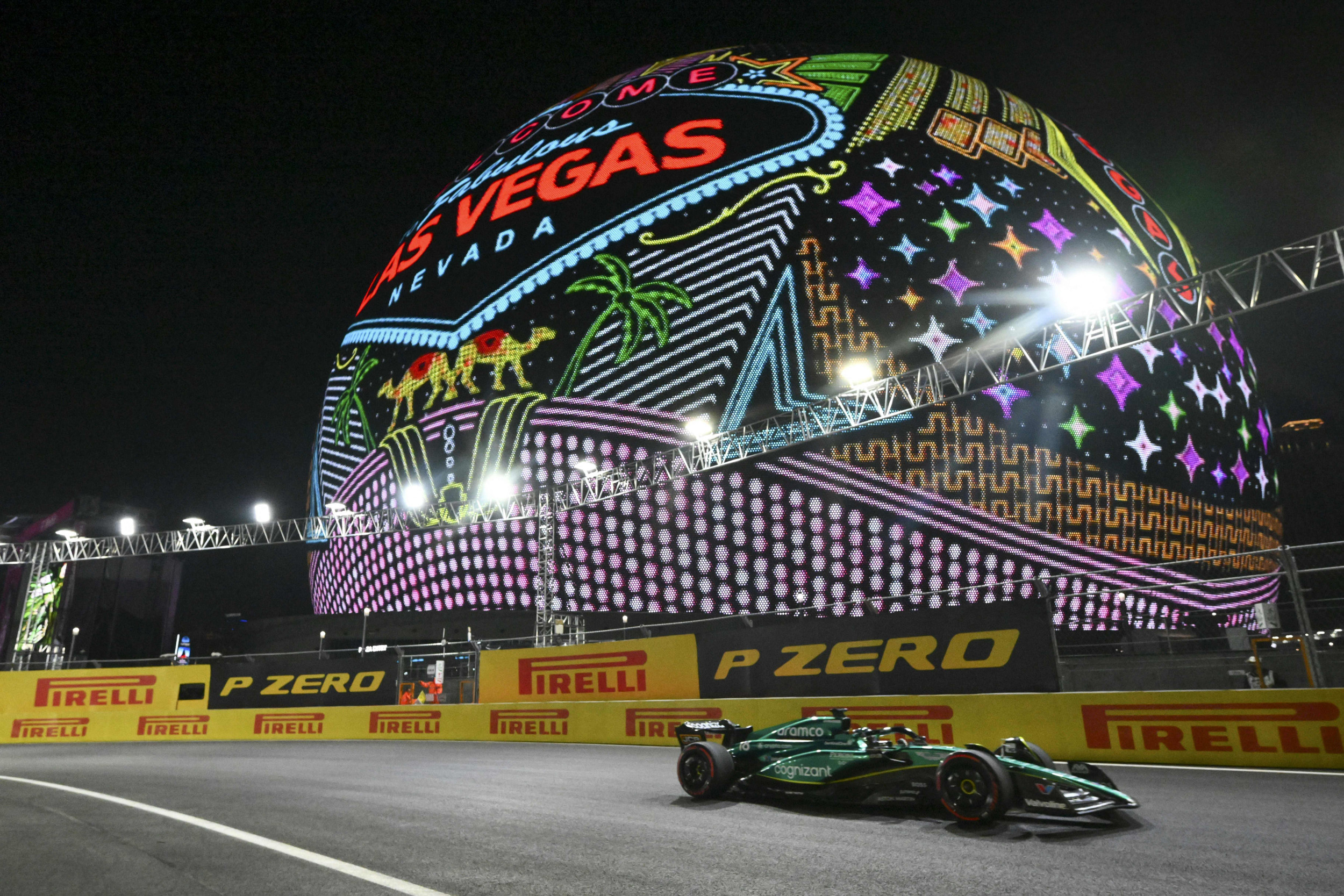

Max Verstappen secured his fourth consecutive Formula One world title at the Las Vegas Grand Prix on November 24, 2024, finishing fifth in the race. George Russell claimed victory, marking a significant achievement for the Mercedes team [a40118e1]. Verstappen's championship win places him among an elite group of drivers, including legends like Michael Schumacher and Lewis Hamilton, making him the sixth driver in history to achieve this feat [a40118e1].
Lando Norris, Verstappen's closest title rival, finished sixth in the race, while Lewis Hamilton took second place, and Carlos Sainz and Charles Leclerc rounded out the podium in third and fourth, respectively [a40118e1]. After the race, Verstappen expressed his gratitude to the Red Bull team for their support throughout the season, highlighting the collaborative effort behind his success [a40118e1].
The Las Vegas Grand Prix had previously faced criticism for prioritizing spectacle over sport, but recent adjustments, including affordable ticket options and community contributions, aimed to enhance the overall fan experience [917d8c17]. The event generated an impressive $1.5 billion in economic value last year, further solidifying its importance in the Formula One calendar [917d8c17]. As the season concludes, Verstappen's dominance is evident, with a 62-point lead over Norris, setting a high bar for the upcoming seasons [917d8c17].